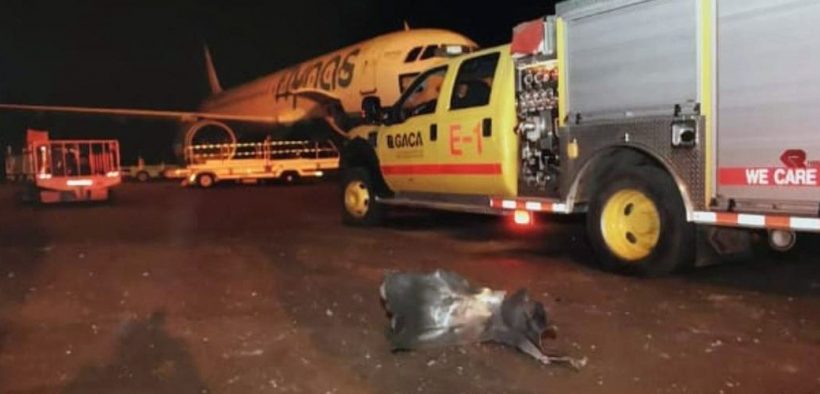Saudi-Led Coalition in Yemen Threatens Houthis in Wake of Drone Attacks

Shortly after a promising ceasefire and troop pullout deal was reached for the Yemen port city of Hodeidah, tensions escalate between Saudi Arabia and Houthi rebels in Yemen.
In recent weeks, the Houthi rebel group in Yemen began an offensive campaign in Saudi Arabia using unmanned explosives-laden drones to target Saudi Arabian airports. Previous attacks on Saudi airports were launched on June 12 and June 23, injuring a combined 47 civilians.
In response, a spokesperson for the Saudi-led military coalition in Yemen, Colonel Turki al-Maliki, sent out a strongly-worded warning to the Yemen-based Houthi rebels, in wake of more drone attacks on Saudi airports on Tuesday.
Al-Maliki stated that the recent Houthi attacks on airports in the Saudi cities of Jizan, Abha and Najran prove how extremist the Houthi ideology is. He also cast blame on the Houthis for hampering the efforts of the United Nations which he said is working relentlessly to establish calm in Yemen.
The military spokesperson reiterated the Saudi-led coalition’s intention to fight back against the Houthis, which he claimed was in accordance with the international law.
The Saudi statement came the same day as an announcement by the United Nations claimed that a ceasefire and troop pullout deal had been reached between Houthis and the Saudi-led coalition in the port city of Hodeidah.
Earlier on Tuesday, a spokesperson for the Houthi forces in Yemen, Yahya Sari, claimed responsibility for the two drone attacks against the King Khaled military airport in the southwest of Saudi Arabia. Sari confirmed that the attacks accurately hit the intended military targets.
According to the Houthi-linked Al Masirah TV channel, the Houthi’s latest drone attack came in response to continued Saudi-led coalition airstrikes against Houthis targets held over the last 12 hours. The channel claimed there were 19 airstrikes during the time period.
Yemen’s Civil War
Fighting in Yemen began five years ago when Houthi rebels took control of large parts of the country, including the capital Sanaa in late 2014. Mass protests and the Houthi rebel group forced the government of President Abdrabbuh Mansur Hadi from power in 2015. Hadi is now reportedly residing in Riyadh, Saudi Arabia. A Saudi-led military coalition has been at war with the Houthi rebels ever since March 2015.
The civil war has its roots in the 2011 Arab Spring which led to a 2011 Yemen uprising that eventually forced the end of the 32-year-long regime of Yemen’s late president, Ali Abdullah Saleh. The uprising grew into a military conflict in 2014 and has since caused the death of thousands of people and the displacement of hundreds of thousands more.
United Nations’ data suggests that 22 million residents, constituting 75 percent of Yemen’s population, are in need of humanitarian assistance as northern and southern parts of the country are still subject to frequent violence.















